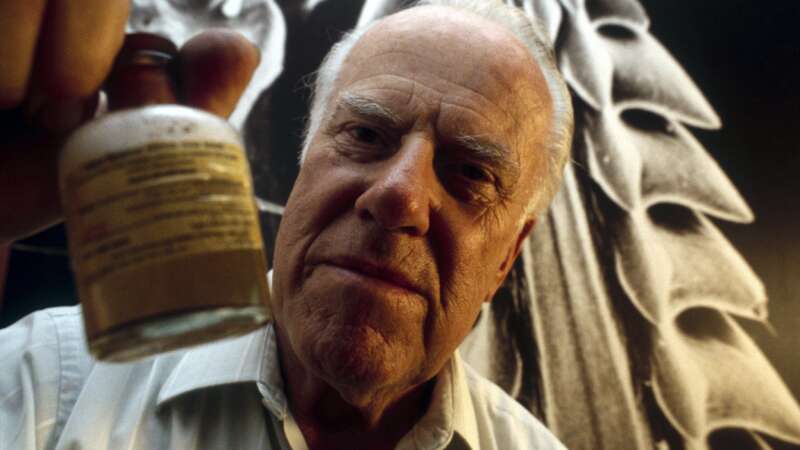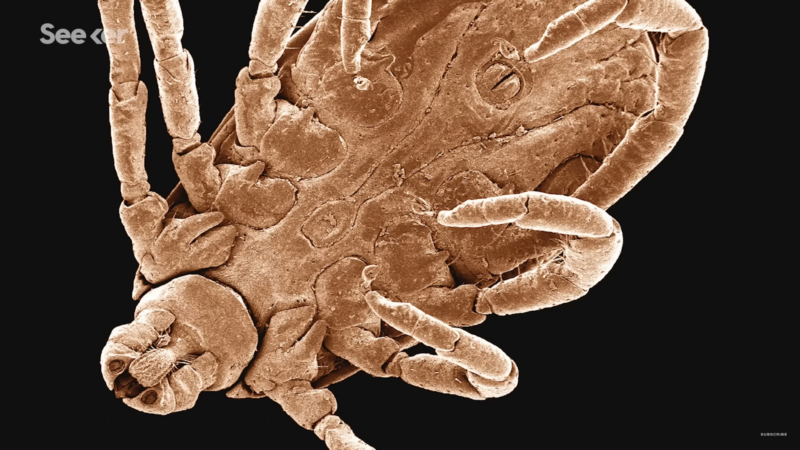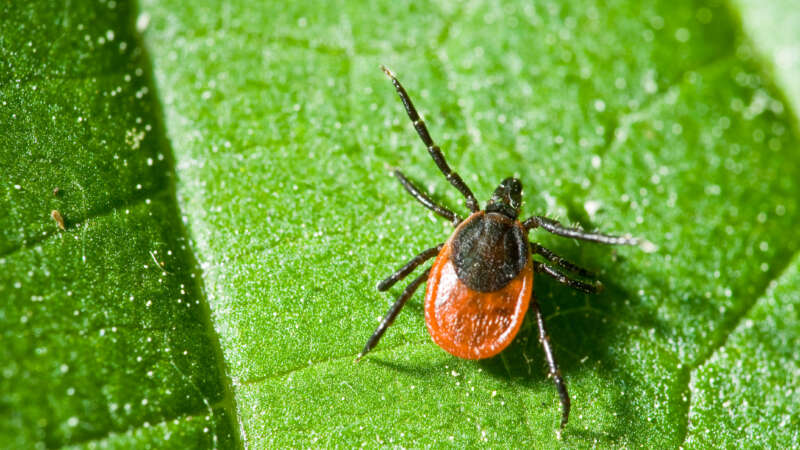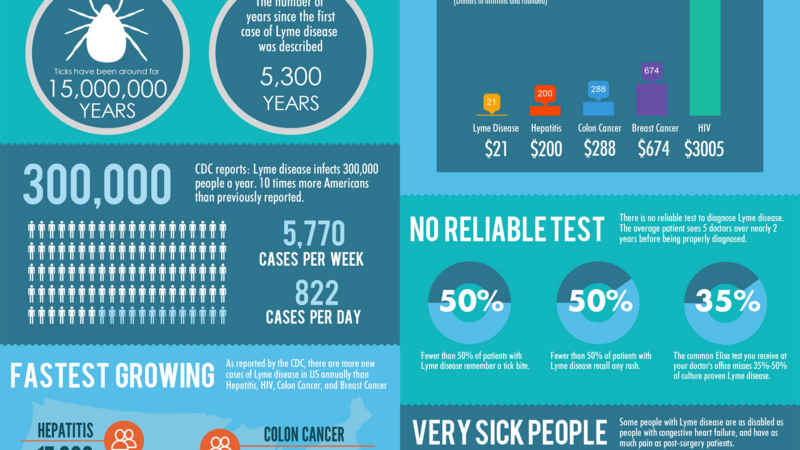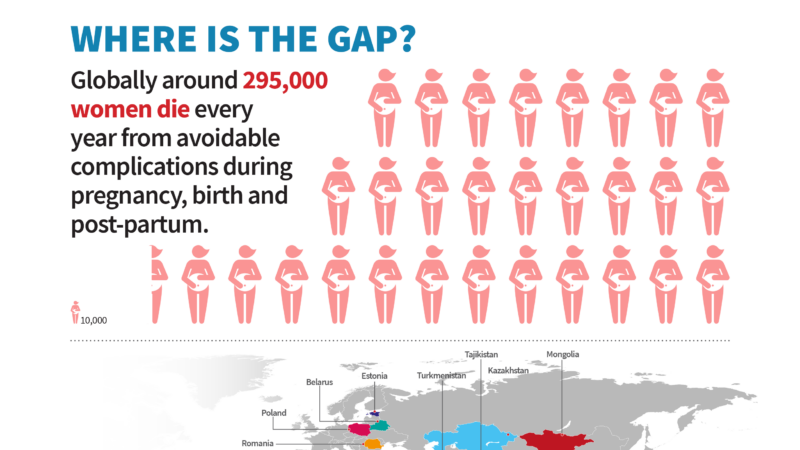Disease
Dr. Willy Burgdorfer: One Tick at a Time
Dr. Willy Burgdorfer, born on June 27, 1925, in Basel, Switzerland, is known for transforming the understanding of tick-borne illnesses.
Burgdorfer pursued his undergraduate and doctoral studies in parasitology and tropical bacteriology at the University of Basel – where he first developed his fascination with ticks while studying how these arthropods transmitted spirochetes that caused relapsing fever. In 1951, Burgdorfer moved to the United States for a fellowship in Montana at the Rocky Mountain Laboratories (RML) – a National Institute of Health biomedical research facility for vector-borne diseases, such as Rocky Mountain spotted fever, Lyme disease and Q fever.
What Does Lyme Disease Do to Your Body?
What exactly is the connection between a tick bite and lyme disease?
While we’re not sure exactly where and when the disease originated, we do know a lot about how it works, its signs, its symptoms in humans and dogs, how it’s spread and its treatment.
Check out this video by Seeker to learn all about what lyme disease does to your body.
Tick-ing Time Bomb: The Expanding Threat of Tick-Borne Diseases
Urbanization, resistance to pesticides, and, most critically, climate change are creating ideal conditions for global tick proliferation. As these 8-legged bloodsuckers expand their territories, the world should expect a corresponding rise in Lyme disease, spotted fever, Crimean-Congo hemorrhagic fever, tick-borne encephalitis, and other conditions that infect humans, pets, and livestock.
“This is an epidemic in slow motion,” a Centers for Disease Control (CDC) tick expert and research, biologist told the Associated Press.
Ticks live on every continent except Antarctica, and while estimates of annual tick populations vary, the scientific community agrees that their numbers are growing. Researchers also are unanimous that arachnids pose an increasing health risk as mild winters and longer summers associated with global warming kill off fewer individuals, give them longer to develop and feed, and make higher elevations and northerly latitudes that previously were too intemperate or elevated more hospitable.
Lyme Disease Quick Facts
Lyme disease is one of the fastest growing infectious diseases in the country and one of the most difficult to diagnose. Experts in the medical and scientific community, as well as key legislators, have deemed Lyme disease an epidemic … a national public health crisis … and a growing threat.
300,000 people are infected with Lyme disease each yearAt least 300,000 people are infected with Lyme disease each year
New tick-borne diseases are emerging … the number of tick endemic regions is growing … the tick population is increasing … and, the number of people infected with Lyme disease is steadily rising.
The Centers for Disease Control and Prevention (CDC) report that at least 300,000 people are infected with Lyme disease each year in the United States. That’s 25,000 new cases per month. Twenty-five percent of those patients are children, ages 5 to 14.
Information and Infographic obtained from https://danielcameronmd.com/.
Dr. Joia Crear-Perry: Elevating Voices and Challenging Systemic Racism in Health
Dr. Joia A. Crear-Perry is a prominent physician, policy expert, and a dedicated advocate for social justice, particularly in the realm of maternal and child health. As the founder and president of the National Birth Equity Collaborative, she has committed her career to addressing the deep-rooted issues of racial inequities in healthcare.
Dr. Crear-Perry’s work challenges systemic racism as a fundamental cause of health disparities, making her a sought-after speaker and trainer featured in various national and international media, including Essence and Ms. magazines.
The CDC says maternal mortality rates in the U.S. got better, after a pandemic spike
After spiking in 2021, the maternal mortality rate in the U.S. improved significantly the following year, according to a new report from the Centers for Disease Control and Prevention.
The data shows that 817 women died of maternal causes in the U.S. in 2022, compared to 1,205 in 2021. These are deaths that take place during pregnancy or within 42 days following delivery, according to the World Health Organization, “from any cause related to or aggravated by the pregnancy or its management, but not from accidental or incidental causes.”
“I think that the bump [in 2021] reflects the pandemic and we’re returning to pre-pandemic levels,” says study author Donna Hoyert, who a health scientist at the CDC’s National Center for Health Statistics.
Role of Social Determinants in Maternal and Child Health
About 287,000 women died during and following pregnancy and childbirth in 2020. Around 95% of these maternal deaths occurred in low and lower middle-income countries and nearly every death was preventable. Equally, children under the age of five continue to face differing chances of survival based on where they are born and raised.
A child born in sub-Saharan Africa is 11 times more likely to die in the first month of life than one born in the region of Australia and New Zealand, and a 15-year-old girl in sub-Saharan Africa is 400 times more likely to die in her lifetime due to issues related to childbirth than a 15-year-old girl living in Australia and New Zealand (with the ratio for SSA being 1 in 40, compared to ANZ being 1 in 16,000 women).
Where is the Maternal Health Gap?
Maternal health has long been a central focus in global initiatives, prominently featured in key frameworks such as the Millennium Development Goals (MDGs), the Sustainable Development Goals (SDGs), and the Global Strategy for Women’s, Children’s, and Adolescents’ Health.
Unfortunately, despite these efforts, the ambitious targets—particularly those aimed at reducing maternal mortality—remain unmet.
A recent report from the Copenhagen Consensus Center highlights these challenges, and this infographic offers further insight into the statistics.
Shrinking Forests, Emerging Diseases
Dona Dora’s man is away from home a lot more these days. It didn’t used to be like that.
He leaves early, sometimes on foot, but increasingly on his bicycle, and heads into the forests surrounding Belém, the capital of Brazil’s Para province. He keeps his eyes open especially for five medicinal plants that are always in demand — sucuúba (Himatanthus sucuuba), copaíba (Copaifera spp.), andiroba (Carapa guianensis), barbatimão (Stryphnodendron spp.) and pãu d’arco (Tabebuia avellanedae).
Fifteen years earlier, he would have found all five within hours and been back for lunch, but times have changed. These days, medicinal forest plants in high demand are becoming harder to find as forests that have stood strong for millennia are cleared to make way for grazing pastures for millions of cattle, agriculture, and development.
Now, Dona Dora’s man can spend a whole day and not find more than a few plants. It might be late at night before he gets back home.
Rogan Brown: The Science of Paper
Rogan Brown is an Anglo-Irish artist notable for his intricate paper sculptures that beautifully intertwine art and science. Drawing inspiration from the microscopic to the monumental—microbiology, botanical forms, geological structures, and marine ecosystems—Brown meticulously handcrafts and laser-cuts complex three-dimensional artworks. His pieces surpass mere representation, merging scientific accuracy with surreal artistic flair.
